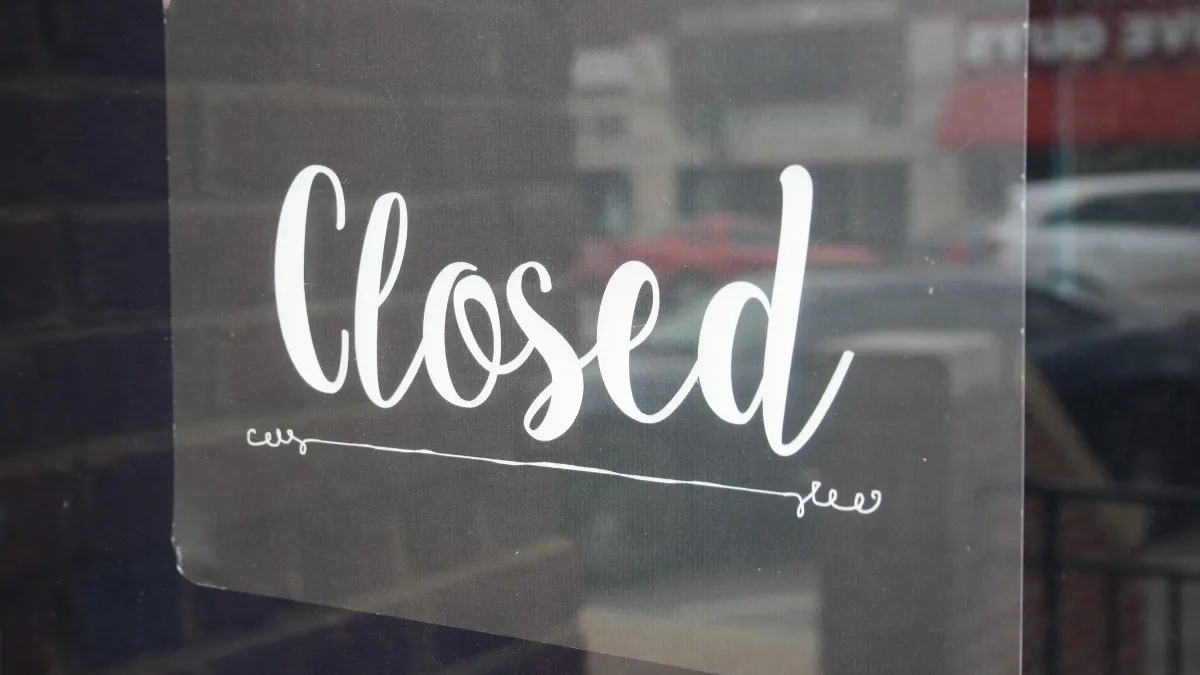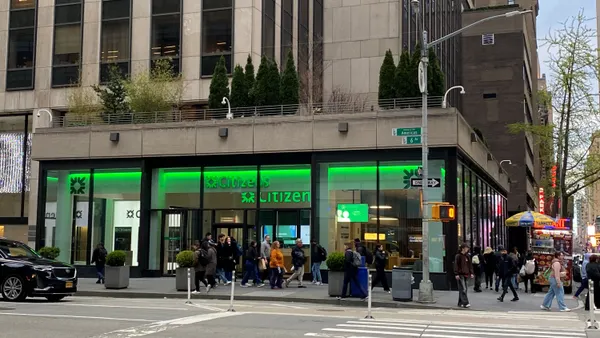Dive Brief:
- Millennials are taking the brunt of financial hardship during the coronavirus pandemic, as 69% of Americans between the ages of 26 and 40 said their household income had been negatively affected by the outbreak, according to a survey released Thursday by the credit reporting agency TransUnion and emailed to Banking Dive. That percentage compares with 58% for other generations.
- Of the millennials whose household incomes were negatively affected, 22% have lost their job because of the pandemic, and 45% have seen their work hours reduced, according to the survey. That compares with 16% and 35%, respectively, for other generations.
- More than 60% of American millennials with negatively affected incomes report they will not be able to make their rent or mortgage payment, compared with 57% for other generations.
Dive Insight:
The figures TransUnion released Thursday are part of a broader look at the pandemic’s financial impact on thousands of consumers in the U.S., Canada, the U.K., India, South Africa, Colombia and Hong Kong. Respondents were surveyed in mid-April.
The widest gulf between generations — and perhaps a source of economic strain — is the proportion of millennials that have dependent children living at home. About 58% of American millennials fall in that category, compared with 36% for other generations, the credit reporting agency said.
Two potential sources of saving grace: Millennials may be among the demographics best equipped to carry the burden. They face the economic fallout as they approach their peak earning years. Additionally, 87% of Americans surveyed, regardless of generation, said they have a plan to deal with their financial gap, TransUnion found.
"The big question most everyone is asking is how long the pandemic will last and what will be the impact on the global economy. No crystal ball exists. And people living today have never faced a similar global pandemic with such a far-reaching impact," said Charlie Wise, TransUnion’s head of global research and consulting.
"The research demonstrates that people are resilient, and most have figured out ... how they will manage their finances until economies reopen and employment opportunities return," he said.












